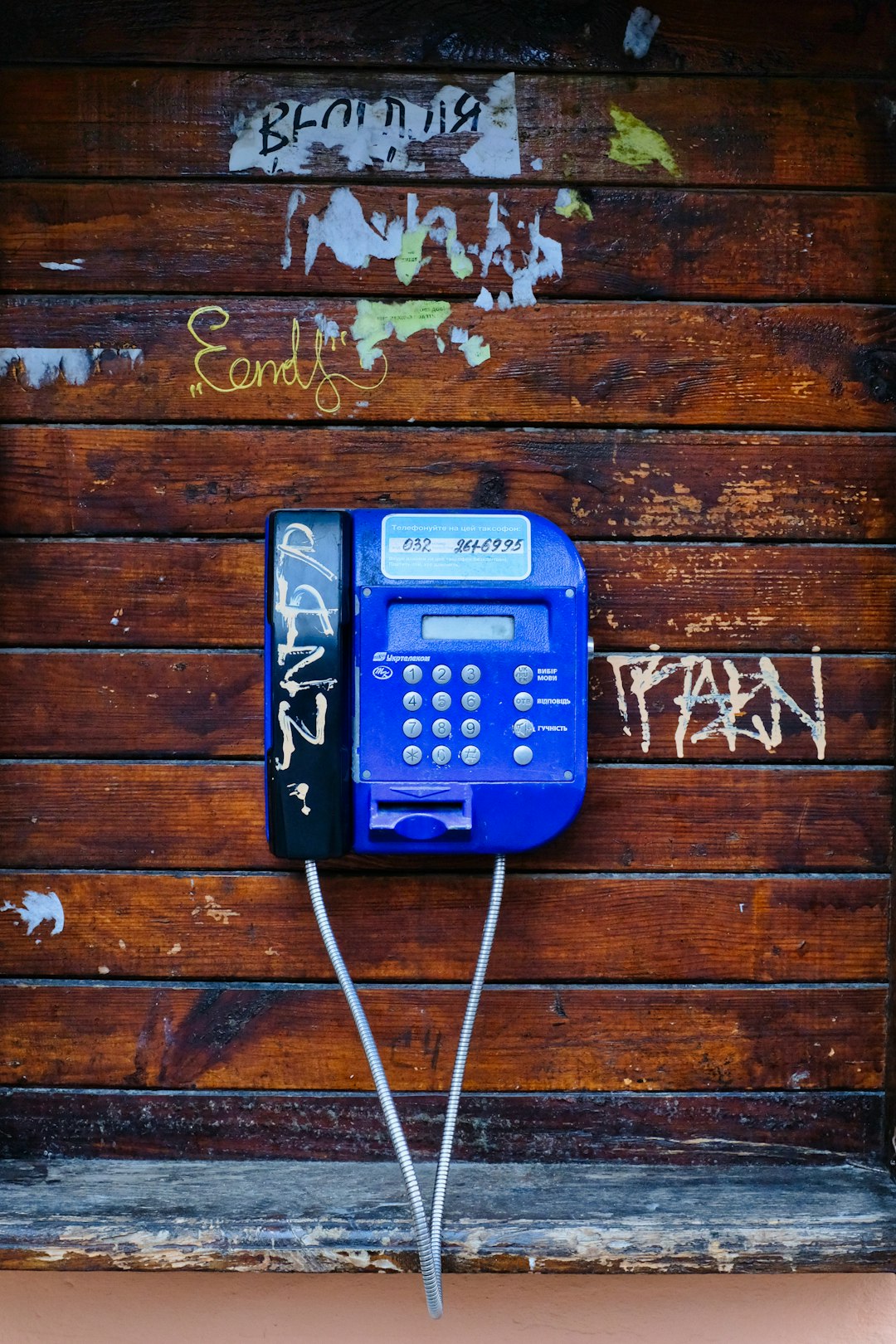In Pennsylvania, the Spam Call Law enforced by specialized firms sets strict rules for telemarketers to protect consumer privacy and consent. Artisans must obtain explicit permission before making automated or prerecorded calls, including via text or email, to avoid legal troubles and maintain customer trust. By understanding and adhering to these regulations, local businesses can foster positive client relationships, respect privacy, and prevent penalties with help from a Spam Call law firm in Pennsylvania.
“In today’s digital age, local artisans and crafters must navigate a complex landscape to ensure their telemarketing practices comply with the stringent Spam Call Law. This guide, crafted by Galetons, a leading Pennsylvania-based spam call law firm, offers a comprehensive overview to help you understand the law, implement practical tips for compliance, and protect your business and customers from potential legal pitfalls.”
Understanding the Spam Call Law: A Comprehensive Overview for Artisans

In Pennsylvania, like many states, artisans and crafters must adhere to strict guidelines when it comes to telemarketing practices, particularly in relation to spam calls. The Spam Call Law, enforced by reputable law firms specializing in this area, ensures that businesses respect consumer privacy and consent. This law prohibits automated or prerecorded telephone calls from companies not on the caller ID, unless the recipient has given explicit permission.
Artisans engaging in telemarketing should understand that this law applies to all forms of communication, including text messages and emails. It’s crucial to obtain verbal or written consent before making any sales calls or sending promotional messages. By complying with the Spam Call Law, local artisans can avoid legal issues and maintain a positive reputation, fostering stronger relationships with their customers based on trust and respect for privacy.
Navigating Telemarketing Compliance: Practical Tips for Local Crafters

Navigating Telemarketing Compliance can be a challenge for local artisans and crafters, but it’s crucial to understand your responsibilities under the Spam Call law firm Pennsylvania regulations. One practical tip is to maintain an up-to-date customer data list, ensuring you have explicit consent from each individual before making any calls. This not only helps in avoiding legal issues but also builds a more reputable business image.
Additionally, educate yourself on the do’s and don’ts of telemarketing practices. Respect your customers’ privacy and never leave messages that could be considered intrusive or deceptive. Regularly review and update your call scripts to ensure they align with current compliance standards. Staying informed and proactive will foster a positive relationship with your clientele and guard against potential penalties from the Spam Call law firm Pennsylvania.
Protecting Your Business and Customers: The Role of Legal Advice in Pennsylvania

In Pennsylvania, protecting your business and customers from unauthorized telemarketing practices is crucial. With the rise in spam calls, local artisans and crafters must be aware of their rights and responsibilities under the state’s Spam Call law firm regulations. Legal advice is essential to navigate these complex rules, ensuring compliance and safeguarding your business interests.
A reputable Pennsylvania Spam Call law firm can offer specialized guidance, helping you understand the legal boundaries of telemarketing activities. They can assist in drafting consent forms, managing customer opt-out requests, and implementing robust internal policies to prevent unauthorized calls. By seeking professional advice, crafters can protect their customers’ privacy, maintain a positive brand image, and avoid costly legal repercussions associated with non-compliance.






